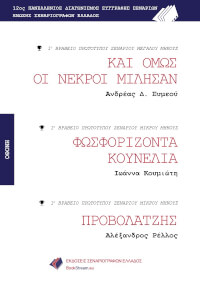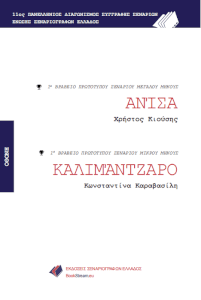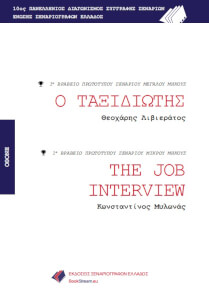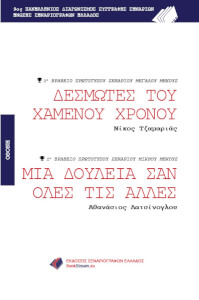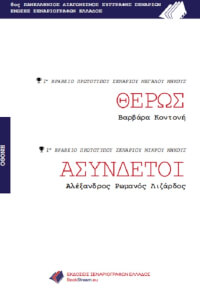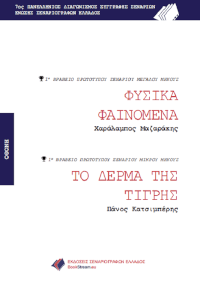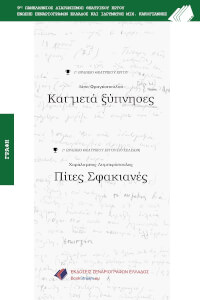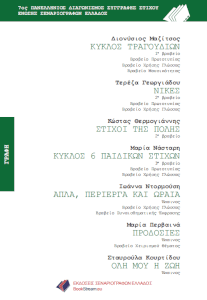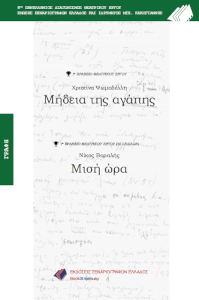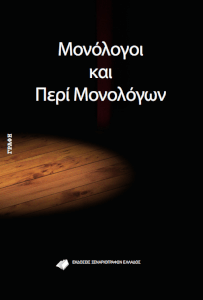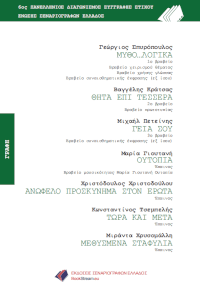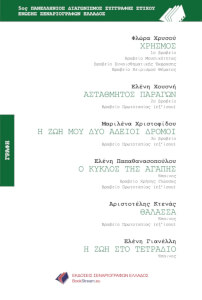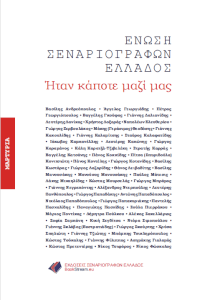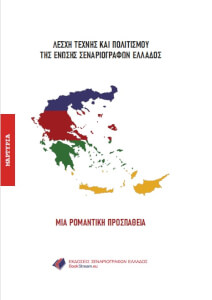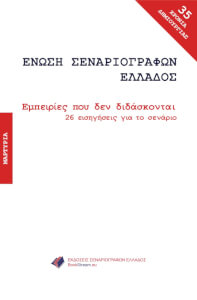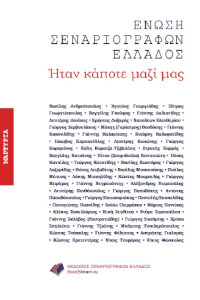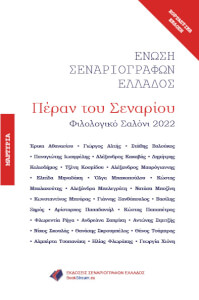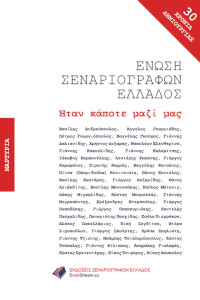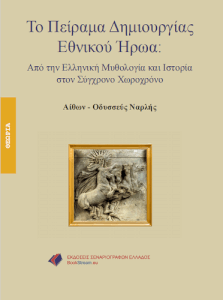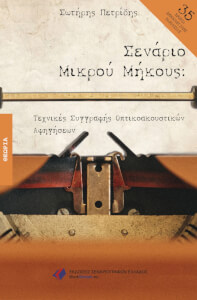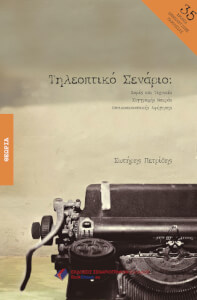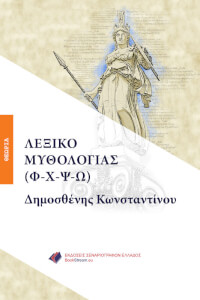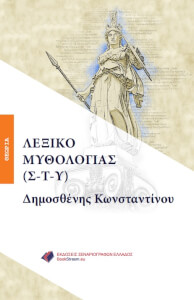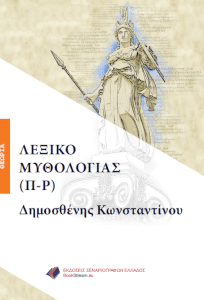Speech by Vice-President Ansip at the Creators Conference
Ladies and gentlemen
Two weeks ago, I had the good fortune to visit the Cannes Film Festival. As ever, Cannes offers a true showcase of European creative talent.
It reminded me that Europe is home to an amazing amount of diversity, ideas and creativity.
These are resources which Europe has in abundance: world-class artists, creators, and the industry that supports them. Not only in film, of course, but across the whole cultural spectrum.
Estimates vary of the amount that our cultural and creative sectors contribute to economic growth and jobs. But we are looking at nearly 7 million jobs, mostly in small businesses, and around 4% of GDP.
So far, this is a positive picture. But Europe's creators also face a big problem: piracy.
Piracy is diverse. It takes different forms to achieve the same result. Usually, this is to get something for free. As technologies evolve, so does piracy.
Overall, who loses out? Everybody does, even consumers. But it is the creators who are first in line.
We plan to tackle piracy by using a "follow the money" approach to deprive commercial-scale infringers of their revenue flows.
But we should go further back to tackle the root cause of the problem.
The solution, I think, is to raise the exposure and circulation of artistic work: to make it more available online - legally - and to a wider audience across Europe.
This will open new opportunities for creators and the content industry.
It means removing the restrictions and barriers that are preventing full online access to Europe's huge cross-border market.
It is a main objective of the Digital Single Market strategy.
And it is addressed both in last week's proposal to tackle unjustified geo-blocking and in our planned copyright reform.
Let me begin with a few words on geo-blocking. As you know, I want to see the end of this practice. It has no place in Europe's single market, either online or offline.
Regarding the creative industries, we are already aware of certain problems with access and blocking for music and e-books delivered online.
In our proposal we address certain aspects of these issues like access to web-sites, re-routing, or payments.
However, the non-discrimination principle will not be applied from day one for digital content.
We decided to take a step-by-step approach in order to understand the size and the roots of the problem in these emerging markets. In practice, this means that we will engage in discussions with stakeholders, in order to prepare a review.
We will gather more data and evidence before going forward with further legislation.
Moving on to copyright:
Our aim is to help consumers and creators by widening access to content. This will become possible with our proposal on cross-border portability.
It aims to get people to pay for content - and pull them away from piracy and legal "grey areas" like VPNs.
The second phase of the copyright reform will come later in the year.
The main focus will be on widening online availability of audio-visual content: in other words, more access to culture across Europe - but without challenging the principle of territoriality. It will also address other areas, such as the many copyright exceptions. Many of these need to be modernised.
They also have cross-border effects and should therefore be more closely aligned.
Finally, we need to look closer at the conditions for remunerating creators and getting a fair share of the value generated.
Our copyright rules have to take new market developments into account so that the creative sector benefits fairly from new online uses of content.
This brings me onto the subject of online platforms.
Platforms play a positive role in stimulating creativity and promoting artists. But they also raise new challenges.
So what is the Commission's approach?
Firstly, we do not intend to propose any horizontal regulation or regulators for platforms. But we do intend to have a problem-driven approach.
This means when we identify a particular problem, for instance in copyright, we solve it there.
The plan is to ensure a level playing field. This means to adapt existing rules to similar and comparable services.
It may mean extending legislation to platform-type activities. But it may also mean simplifying legislation for traditional service providers.
Ladies and gentlemen
Twenty years ago, Bill Gates wrote an essay called "Content is King".
He said: "Content is where I expect much of the real money will be made on the internet, just as it was in broadcasting."
I think Gates got it about right. Quality content will always be in demand.
That is what we want to promote and preserve in our project to build a fair Digital Single Market for Europe - whether it is about reforming copyright, fighting piracy or tackling geo-blocking.
But policymakers cannot provide all the answers. Businesses, creators and artists also need to lead the way, to innovate and experiment, also with new business models.
Today, new forms of content and creativity can come from the least expected quarters - especially in a world being changed so much by digital technology.
Europe needs to be ready to make the best of the creative opportunities offered by the digital age.
It is what a properly functioning Digital Single Market will help us to achieve.
Thank you.
See more: ec.europa.eu



